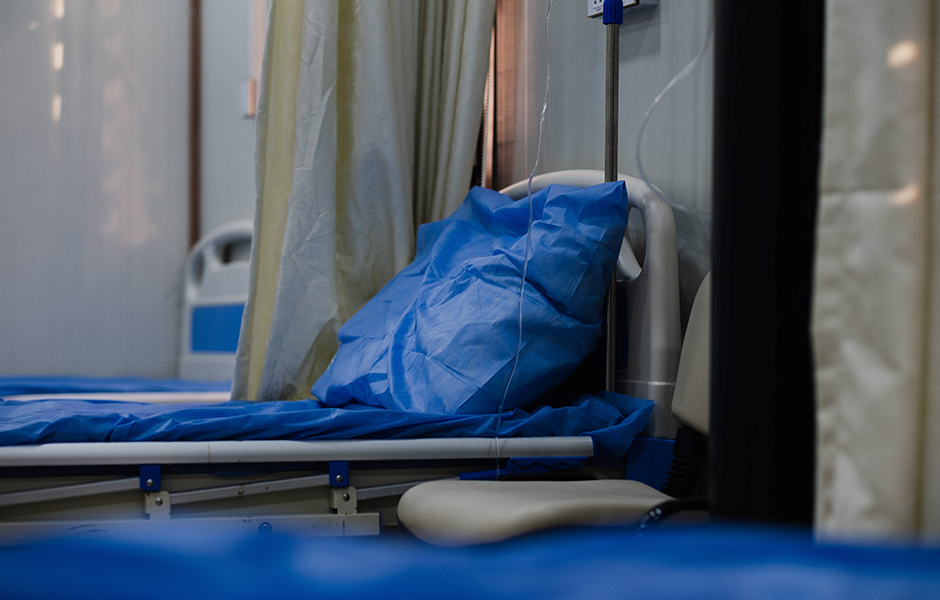In Portugal, rehospitalizations for inflammatory bowel disease (IBD), which includes Crohn’s disease and ulcerative colitis, cost about 3.1 million per year.
These are the numbers obtained in a study developed by researchers from the Faculty of Medicine of the University of Porto (FMUP) and CINTESIS, published in the scientific journal “Therapeutic Advances in Gastroenterology”.
The work, coordinated by Cláudia Camila Dias (FMUP / CINTESIS) and Fernando Magro (FMUP / CHSJ), aimed to calculate the burden of hospitalizations for patients suffering from inflammatory bowel disease and to identify the main risk factors. In this regard, about 48 thousand hospitalizations related to the disease registered from 2000 to 2015 were evaluated through an administrative database provided by the Central Administration of the Health System (ACSS).
The researchers concluded that 33% of hospitalizations for inflammatory bowel disease registered in Portuguese public hospitals are rehospitalizations, with an increase of 12% in the 16 years of the study.
Altogether, almost 16 thousand hospitalizations due to inflammatory bowel disease were counted. The overwhelming majority are due to Crohn’s disease (77%). Of these patients, most are aged between 20 and 39 years old and are female.
The average cost of these hospitalizations has also increased: from 14,589 euros per hospitalization/year, in 2000, to 17,548 euros per hospitalization/year, in 2015. This year alone, these hospitalizations have cost 3.1 million euros. It is about twice the total cost of illness-related hospitalizations.
Among the risk factors for new hospitalizations for these patients are the age below 20 years and the occurrence of penetrating disease (characterized by abdominal perforation, fistulas or abscess), in Crohn’s disease. In ulcerative colitis, smoking habits, malnutrition, anemia and weight loss stand out, in addition to stoma surgery (opening in the intestine).
The team, which has Mafalda Santiago (a researcher at FMUP and CINTESIS) as the first author and has members of the Study Group on Inflammatory Bowel Disease (GEDII), concludes that these rehospitalizations must be “closely monitored” and that all “efforts should be made to reduce the risk factors associated with IBD in order to improve the quality of care and, consequently, reduce the burden of the disease” in our country.
Inflammatory bowel disease is a chronic disease mediated by the immune system which causes remain unclear. It is associated with significant economic costs, both direct (hospitalizations and treatments) and indirect (medical losses, loss of productivity, etc.). It is estimated to affect approximately 0.3% of the Portuguese population, a percentage that is expected to increase in the coming year

